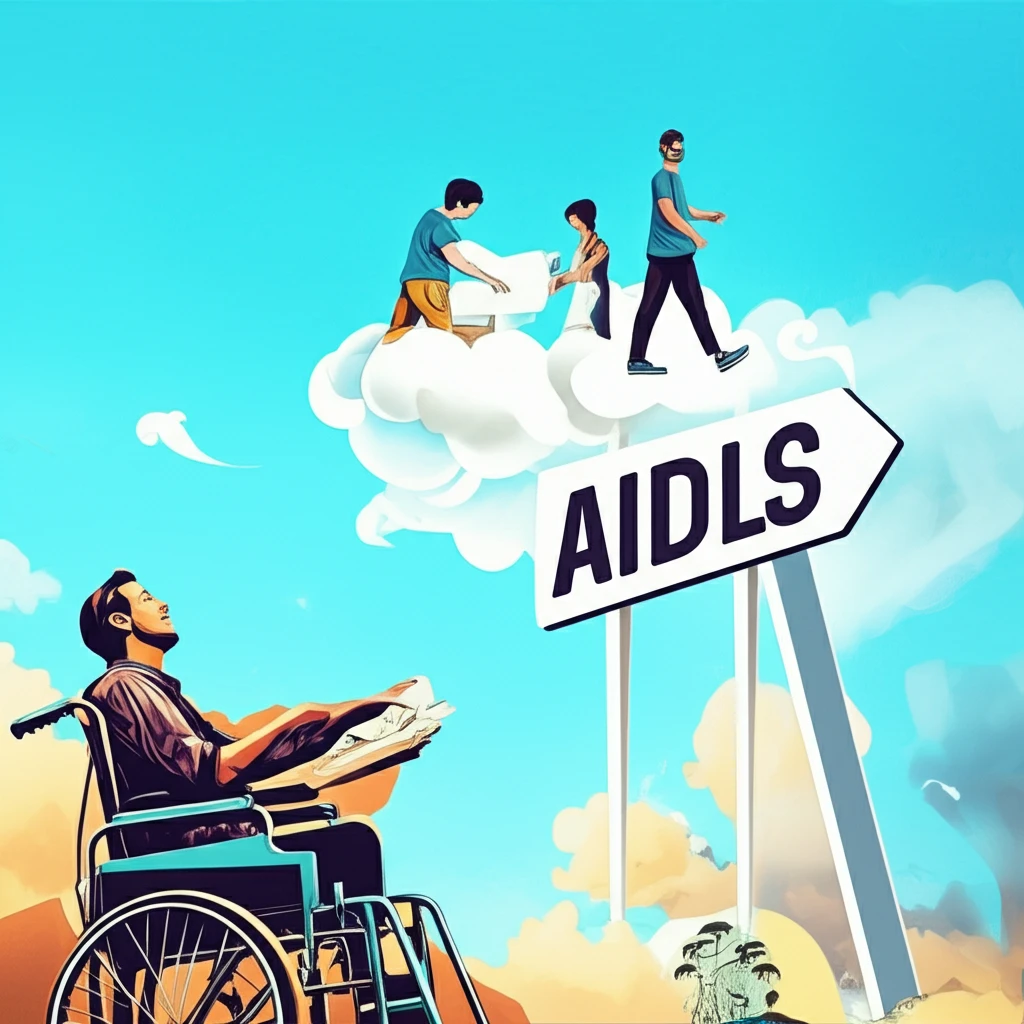
Unlocking Independence: Mastering Activities of Daily Living (ADLs) and Instrumental Activities of Daily Living (IADLs)
"A Comprehensive Guide to Maintaining Independence and Enhancing Quality of Life as We Age"
As we navigate through life, maintaining our independence becomes increasingly important. Two key concepts in understanding and supporting independence are Activities of Daily Living (ADLs) and Instrumental Activities of Daily Living (IADLs). These activities encompass a range of essential skills that enable individuals to care for themselves and manage their households effectively.
ADLs are the fundamental self-care tasks that we perform daily, such as bathing, dressing, eating, and toileting. These are the basic building blocks of independent living. IADLs, on the other hand, are more complex activities that require cognitive and physical abilities, such as cooking, managing finances, shopping, and using transportation. Mastering IADLs allows individuals to fully participate in their communities and maintain a higher quality of life.
This comprehensive guide will delve into the specifics of ADLs and IADLs, highlighting their importance and providing practical strategies for maintaining and improving these essential skills. Whether you are a caregiver, a healthcare professional, or an individual seeking to enhance your independence, this resource will provide valuable insights and actionable steps to support a fulfilling and independent life.
ADLs vs. IADLs: What’s the Difference and Why Does It Matter?

Understanding the difference between Activities of Daily Living (ADLs) and Instrumental Activities of Daily Living (IADLs) is crucial for assessing an individual's ability to live independently. ADLs are the basic self-care tasks necessary for survival, while IADLs are more complex activities that enable individuals to function effectively in their communities.
- Activities of Daily Living (ADLs):
- Bathing: Washing oneself, including showering or taking a bath.
- Dressing: Putting on and taking off clothes.
- Eating: Feeding oneself.
- Toileting: Using the toilet and maintaining hygiene.
- Mobility/Transferring: Moving from one place to another, such as getting in and out of bed or a chair.
- Instrumental Activities of Daily Living (IADLs):
- Cooking: Planning, preparing, and serving meals.
- Managing Finances: Handling money, paying bills, and managing a budget.
- Shopping: Purchasing groceries, clothing, and other necessities.
- Housekeeping: Maintaining a clean and safe living environment.
- Using Transportation: Driving, using public transportation, or arranging for transportation.
- Managing Medications: Taking medications as prescribed.
- Communication: Using the telephone, email, or other forms of communication.
Empowering Independence Through ADL and IADL Mastery
Mastering ADLs and IADLs is essential for maintaining independence and enhancing quality of life as we age. By understanding the differences between these activities and implementing practical strategies to support and improve them, we can empower ourselves and our loved ones to live fulfilling and independent lives. Whether through targeted interventions, assistive devices, or caregiver support, prioritizing ADLs and IADLs can make a significant difference in promoting well-being and autonomy.
